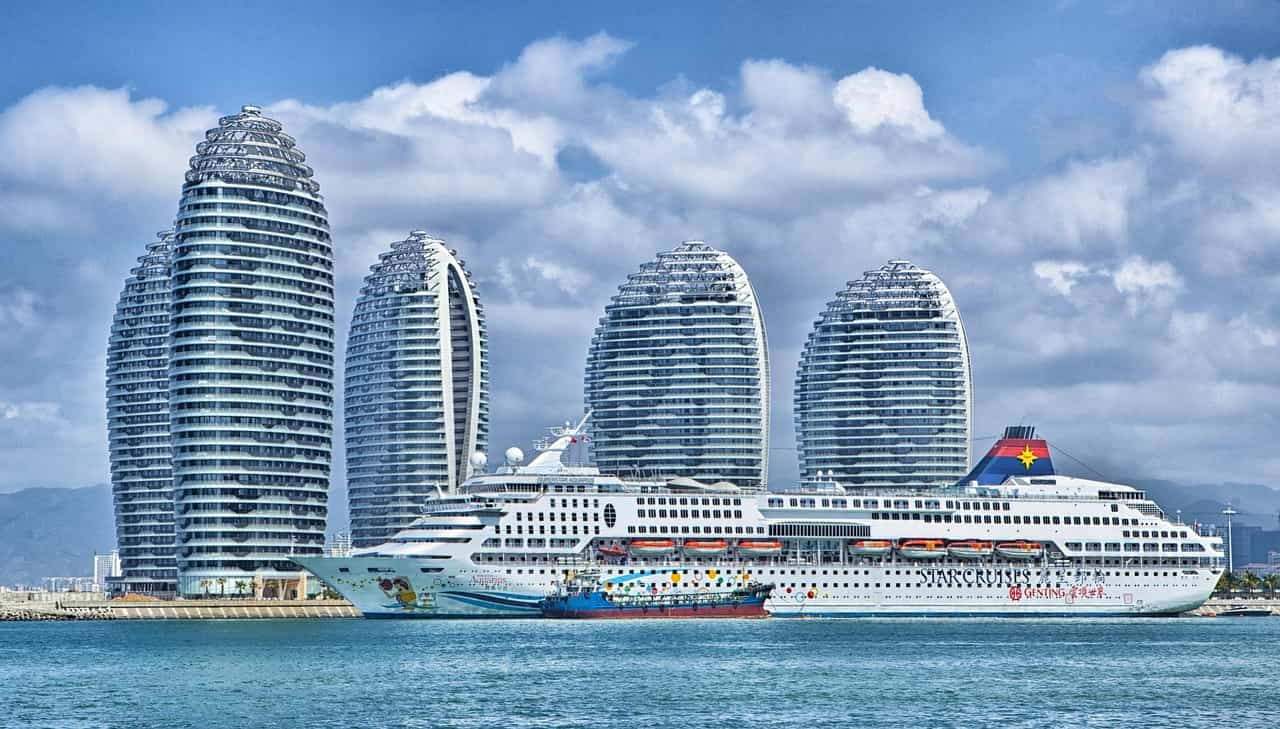South Korean and Japanese Casinos Welcome Back Chinese Punters
Shares in the largest gambling companies across China’s neighbors began to pump this week as China lifted Covid-era policies blocking tourism in 78 separate countries. Not just casinos, but all tourism related stocks are feeling the benefit of China’s lifting the tourism ban. Effectively, the new rules state that tourist groups are allowed to once again move freely back and forth between dozens of international countries. A very popular pursuit amongst Chinese tourists prior to 2020.

Chinese tourists are the key component in Asia’s casino sector recovery – with new government allowances for tourists to travel from China again, local country’s casino companies are seeing their financial prospects rise.
?12019/Pixabay
Before the pandemic took hold, the Chinese tourists traveling across the world were a major revenue lifeline for casinos in South East Asia. They’re likely to add a significant portion to the GGR of casinos across Japan and South Korea. With the habit of spending and gambling big at the locations they go to, they’ll surely improve the retail performance at some financially struggling venues.
In South Korea, the immediate impact of this announcement has been obvious. Shares in the country’s largest casino – Lotte Tour Development – jumped by more than 18 per cent in this week’s trading. Across the country there has been absolute jubilation at the announcement, and local businesses are preparing for a new demographic of customers to once again have free and unlimited access to its market.
Despite the initial euphoria around the potential windfall of earnings about to hit the Japanese economy, investors have warned that there will likely be a reduced level of spending from the Chinese initially. The return to pre-pandemic levels of footfall and spending would not be a likely occurrence, and it’s too early to see how far this move will go in repairing some under-performing parts of the South Korean economy.
Airlines and Leisure to Benefit the Most
Another key beneficiary of the Chinese law change has been local airlines. These companies are clearly positioned to capitalize on a new drive for tourism across Asia. The two biggest airlines in Japan and South Korea respectively were able to experience a significant level of increase to their service. Stocks in these companies rose an initial 1 to 5 per cent.
The travel industry’s resurgence isn’t limited to Japan and South Korea. Carriers like Thailand’s Thai Airways and Singapore’s Singapore Airlines have seen a rise in bookings from Chinese travelers. This surge is a welcome shift for an aviation sector hit hard by travel restrictions. Many airlines now plan to increase flight frequencies, launch more routes, and resume suspended services.
Ancillary services in aviation stand to gain as well. Airport retailers, duty-free shops, and in-flight providers are preparing for higher sales as passenger volume increases. Duty-free shopping, popular among Chinese travelers, should boost revenue for these outlets. Nearby hotels, especially in tourist areas, are rolling out deals and partnerships with airlines to entice casino tourists. This multi-pronged strategy could elevate the region’s economy.
Chinese Spending Domestically is Stagnating
With China’s growth slowing down, there are serious economic red flags being observed in the country. Inflation is running at a negative rate currently, which on the surface may sound like a good thing with prices getting cheaper, but in fact is just a symptom of a much more serious problem. Everyone is getting poorer and able to spend less on goods and services.
At its peak in the pre-pandemic, the Chinese were flocking to neighboring Japan at the rate of nearly 3 million visitors a year. China’s economic downturn brings forth implications for its tourism habits. The diminished purchasing power of Chinese consumers may curb the enthusiasm with which they previously traveled and splurged overseas. With the average citizen tightening their purse strings, we might see a shift from luxury to value-driven experiences. This can tilt the balance away from high-end retailers and accommodations, favoring more budget-conscious travel options.
Furthermore, while China’s affluent may continue traveling unscathed, the middle class, once a robust source of tourism for places like Japan and South Korea, might now limit or delay their trips. Such changes could push travel businesses to reshape their offers, emphasizing value or courting the premium market.
 Online Casinos UK
Online Casinos UK



